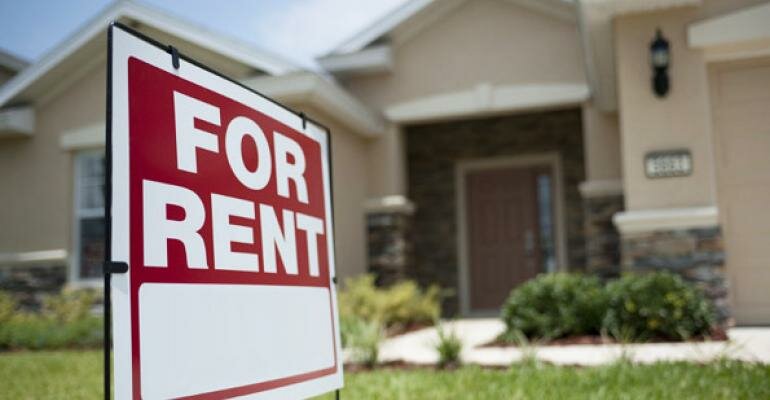Landlords who are new to the game or those wishing to refresh their knowledge will know that there’s quite a bit of admin involved in being a landlord, and before renting out your property, it’s important to follow a few commandments. To help, we’ve put together this practical guide for landlords.

Before you rent out your property, you surely want it to be as safe as it’s possible for it to be. Make sure to check out the premises’ safety and security features before renting out your property.
For example, holes in the walls and windows without locks are not only eyesores to visitors but are also safety hazards. You’re also responsible for keeping your property safe. This includes hazards such as fires by providing fire-resistant furniture, a smoke alarm and a means of escape.
You need to arrange an Energy Performance Certificate (EPC) before renting out any property that is not exempt. An Energy Performance Certificate (EPC) is an official document that states the energy efficiency of an existing property.
The EPC rating allows tenants to compare the energy efficiency of properties in their search for a new place to live. It also allows landlords and letting agents show potential tenants how efficient a property is through the use of an energy efficiency rating scale.
We also had the pleasure of using some incredible Bristol letting agents recently as we needed to let a property in Bristol and they were just superb, so definitely contact those if you need to let a property in that area.
Under the Immigration Act 2014, from 1 February 2016, landlords in England and Wales will be required to carry out certain checks on their tenants. Landlords will need to see original documentation proving that tenants have the right to live in the UK before renting out a property. This is known as a Right to Rent check.
The consequences of being found guilty for renting without a license can be heavy fines and even prison sentences.
Reference your tenants
One of the things a good property manager will do is to get a reference on prospective residents before the lease is made. Any references that you get back from your potential tenants should give you the information that you need to make a proper decision on whether or not to rent out your property to them.
Arrange a tenancy agreement
A tenancy agreement governs the relationship between the landlord and the tenant, according to which each party is responsible for certain things - in both legal and financial terms. It should also include contact details of the parties involved, such as the names of the landlord, agent, and tenant, addresses of the parties, and description of the property.
Other terms that need to be covered are the amount of rent payable, the date from which it has to be paid and terms about early termination; conditions associated with paying and receiving the deposit. Having this information in mind prepares you well before you set up a renting deal with your tenant.
Landlord Insurance is something that every landlord should have. It’s an important part of renting out your property to tenants. You want to make sure that you have cover in place in case anything of importance is damaged.
But that’s not all. Landlord Insurance can also cover you against unpaid rent, unpaid bills and even legal fees. These are all essential parts of being a landlord, as, without these types of insurance, you could be left with an empty property and a hefty bill to pay.
Landlords and agents need to protect their tenants’ money at all times. This means that if a tenant gives you money for a deposit on your house or flat, it should be protected in a government-backed tenancy deposit protection scheme. The good news is, it is very easy to make sure that your tenants’ deposits are properly protected against loss. The government’s tenancy deposit protection scheme was introduced to try to ensure that landlords, agents and custodial companies protect their tenants’ deposits properly.
Being a landlord means adhering to strict rules and regulations about renting out properly. However, using this guide will be a good first step on that journey.